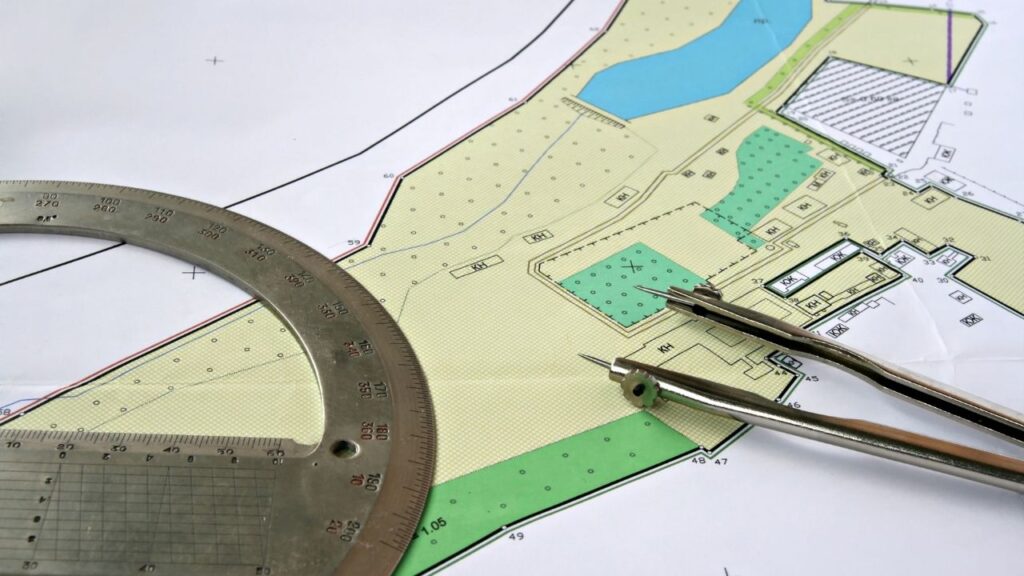There are numerous advantages to building your own home. You can personalize it to your liking, you’ll save money on utility bills thanks to the most up-to-date energy-efficient systems and materials, and you’ll likely face fewer maintenance issues than if you moved into an older home.
However, before you decide how many bathrooms your house should have or what color you want to paint the living room, you’ll need to find a place to build it. It is critical to consider the following property concerns when looking for a lot that meets your requirements.

Location
The location of the property will have a significant impact on whether or not it is suitable for you. First, consider how the location will fit into your daily routine. You should visit the lot at different times of day to ensure that it works for you. This will allow you to see how congested the area becomes and how long your commute to work or school may be.
Second, think about how the land’s location affects your access to nearby amenities. A home that is too close to shopping and recreation may become crowded and noisy. However, if you live too far away from these areas, it will be less convenient and may have an impact on the resale value.
Shape
Even if two lots have the same square footage, the property lines can cause them to be completely different. A square lot, for example, would be easier to build on than a longer narrow lot of the same size. Knowing the overall shape of the property will give you an idea of where your home could be built on the lot, as well as the size of the yard. Having a property survey completed before purchasing a home allows you to better understand any lot restrictions you may face.

Utilities
It is critical to determine whether or not the property has utility hookups. This is something you may take for granted in a pre-built home, but the lot you select must have access to utilities such as electricity, water, sewer, and gas. If the lot is located in a rural area, some service providers may require a fee to run a line to the property. If the property is too far from a municipality’s water and sewer lines, you’ll need to install a well and a septic system, which will increase your overall costs.
Consider how good your cell service is on the property as well. In the event of an emergency, a remote property with limited cell service may require a landline connection.
Zoning regulations
Before you buy a lot and begin construction, you should determine whether or not you can even build a house on the property. This information is available on the county website, or you can visit the county planning office to see if there are any zoning restrictions. Some lots may have setbacks, which are restrictions on how close a home can be built to a curb or property line.
This is where using a real estate agent to find a lot comes in handy—an agent can guide you through the process while also educating you on information that will affect how you build your home.

Access to the road
If the lot is in a residential area, this is unlikely to be an issue. Some rural lots, however, are bordered by other people’s property. In this case, you would need to negotiate an easement with the neighboring property owner to use a driveway. An easement allows one party to gain access to another’s property for specific reasons. If you need to use a neighbor’s property to access a road, you should consult with a real estate attorney to help you design or review an easement.
Slope
A property with too little or too much slope can cause issues for your future home. You’ll need some slope to aid drainage and prevent standing water. However, too much slope may necessitate soil stabilization and retaining walls in order to build safely, which will add to your budget.
Soil A lot’s soil can have a significant impact on your construction plans and even the future of your home, making a soil test a must-do task. Soil containing absorptive clay or that is loose may cause foundation damage and necessitate additional foundational support. Ledge rock soil can cause excavation and drainage issues.
Concerns about the environment
Before purchasing and building on a lot, you should consider having an environmental survey performed, especially if it is raw land. This will make you more aware of issues such as endangered species, conservation easements, and even environmental contamination, all of which can have a significant impact on how you use the property.
You’ll be one step closer to building your dream home if you find a lot that meets your requirements.



Leave a Reply
Your email is safe with us.